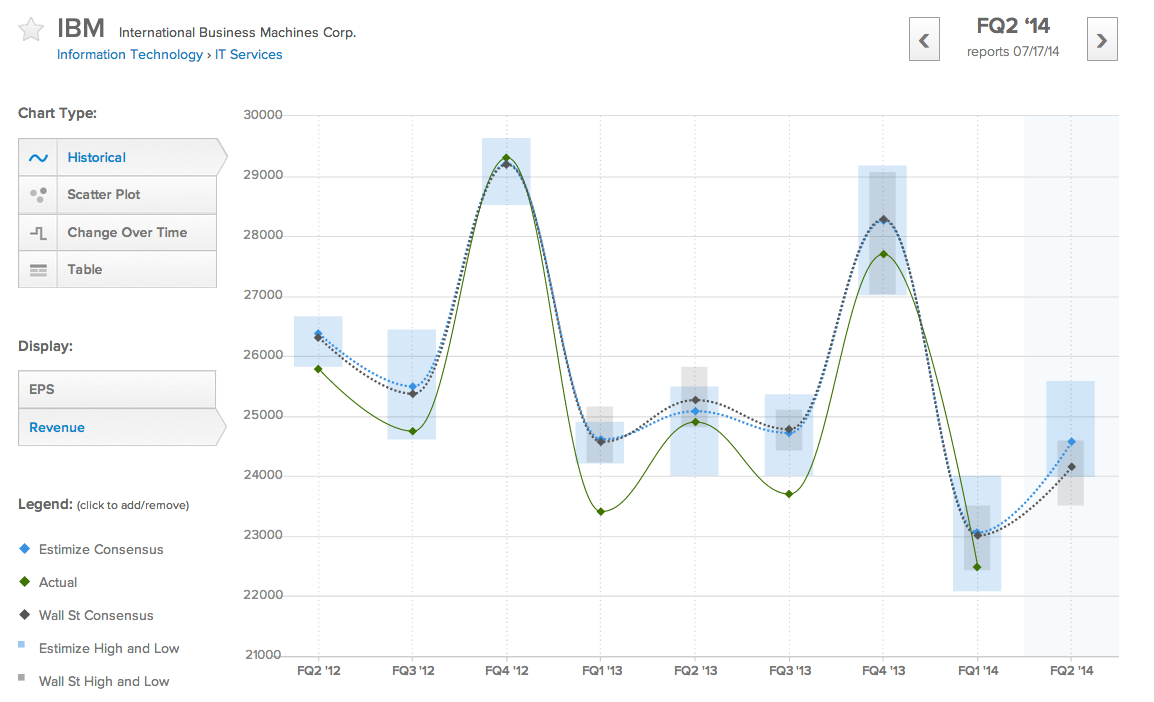Tesla reports mixed Q2 results as softer demand dents sales
In a rare moment of cooperation earlier this year, Apple Inc (NASDAQ:AAPL) and Google Inc (NASDAQ:GOOGL) laid their patent feud to rest. The two tech giants announced a ceasefire to stop suing each other and instead put the money saved to good use like the development of new products and patent reform. Patent trolls have become a mainstay talking point in tech media because of their ability to extort fees, tangle up legitimate businesses in the legal process, and stifle innovation. But until we make major changes to patent law, there’s no easy way to deal with them and the trolls won’t be coming out from under their bridge anytime soon.
The commonly held understanding of patents is that they exist as an incentive to encourage the development of new technologies. Inventors can file to have their contributions patented as private intellectual property (IP) for a period of up to 20 years. During this grace period, no one else may legally make money by copying the patent protected IP without permission from the patent holder. In theory patents make a good deal of sense because they give would-be innovators a strong reason to meet the high costs of research and development which can be recovered later by the guarantee of temporary monopoly status protection. But the realities of the legal system and the difficulties in defining what a patent troll is makes the law messy in practice.
Patent troll is a buzz phrase that’s been thrown all over the media in recent years, but what exactly is a patent troll? The most hardline approach that one could take would be to call all patent assertion entities (PAEs) patent trolls. The accepted definition of a PAE is a person or company which enforces patent rights by litigation or demanding royalty fees but does not manufacture any products or offer any services for which the patent is relevant.
It would be nice if this definition worked, but it’s much too broad. By calling all PAEs you are throwing out the baby with the bathwater. Research institutions like universities and independent professional inventors would get screwed if we didn’t protect the rights to their intellectual property. In many cases a new technology is created long before the patent filing entity can put a commercial application to use. These innovators must be given a reasonable amount of time to get their technology off the ground, or to sell the rights to their patent to another firm for monetization.
Without a sweeping definition in place for patent trolls, it’s difficult to find a solution that protects inventors while punishing the pesky trolls that use distasteful tactics to extort cash from those they claim infringe upon their intellectual property. If a PAE has a legitimate claim to a patent protecting intellectual property, it’s hard to argue against their right to assert their patent. The issue of “patent trolling” is often nothing more than a distinction in predatory tactics used by some PAEs.
Part of the problem that we could solve immediately is by shifting the costs of patent lawsuits from the current “American” system where each party pays their own legal costs to a European system, where the loser pays. Patent trolls would be far less likely to make fraudulent or frothy lawsuits if patent law ensured that losing party pay the brunt of all legal costs.
A lack of transparency is another hinderance on effective patent governance. While all patents must originally be filed with the government, it’s often difficult to track who owns the rights for specific patents in the private market. Claims to patents can be bought and sold, and larger patents can even be stripped into pieces and separated. The water get murky quickly and it can be easy to accidentally infringe upon the IP rights of others. One of the ways that patent trolls aggravate the tech world is by buying up large quantities of patents from bankrupt firms at virtually no cost, then looking to see who they can sue.
Most people would probably agree that a company which only exists to buy patents from defunct firms and then look to sue people has no right to exist. Firms have every right to protect their intellectual property, but a when a company does not file any patents themselves or ever look to offer a product or service, that’s a real patent troll. The problem is even worse when the troll watches another company expend resources infringing on what it knows to be its own IP, then springs a trap later and demands a ransom. This is one of the more lenient definitions of patent troll out there. In the real world though, many PAEs fall somewhere between this liberal definition of patent troll and the more strict definition mentioned earlier.
Given that battles between small businesses and patent trolls can cost millions of dollars and over a year to slug out in the legal system, many intellectual property rights cases are settled out of court. The fact that these cases are settled privately makes it significantly more difficult to obtain useful data about patent trolls and make improvements.
In 2013 there was a big hoo-ha about the company Project Paperless which was accused of being a shell company and a patent troll. Project Paperless bought up patents for routine office work and began demanding licensing fees from businesses in the Atlanta area for processes as simple as scanning and emailing a file as a PDF. This further highlights two more problems that need to be solved. The more serious issue is that in some cases patent trolls use shell companies to attack larger corporations. Patent trolls attacking from shell companies have the distinct advantage of not having any real assets. The victim of this type of lawsuit has no leverage to make a counter-suit and the troll has the very little to lose.
The other factor that the Project Paperless fiasco illuminated was the incentive for patent trolls to seek patent filings with the broadest language possible so they could be enforced against a broader range of potential victims. Confusing and broad patent verbiage has been a hallmark of patent trolls. In recent years the patent office may have improved the specificity requirements in patent filings. But because patents can have a 10-20 year lifetime, there are plenty of broad patent filings still floating around and there will be a significant lag time before they expire.
A review process for the assertion of patent rights may be a necessary component to a comprehensive patent reform package. In trademark law for example, if a company chooses not to enforce its trademark rights for a considerable period of time, they can’t go back and start suing later. For example, it may be a beneficial strategy for Xerox to allow the public to use of the term “Xerox it” as a replace for make a copy.
In each of the past 15 years International Business Machines (NYSE:IBM) has been granted more patents than any other company in the United States. As a model illustration of how patents should be used, IBM licenses its intellectual property and provides support from experts on the technology like engineers and scientists. IBM’s businesses are complex and diversified, but if you zero in on IP you will see an increasing number of patent filings in recent years alongside falling company revenue. The data from the US Patent and Trademark Office shows that between 2007 and 2012 IBM filed an increasing number of patents each year with the number of patents granted growing 107% from 3125 to 6457 over 5 years.
IBM is rapidly amping up the amount of intellectual property in its patent portfolio. But that doesn’t necessarily mean they are monetizing all of their patents, at least not yet. It can take years to turn patents into businesses. The decline in IBM’s total sales probably doesn’t say much about their patent filings, but the heap of intellectual property they are cultivating could be a catalyst in the near to mid term future. On the Estimize.com platform we are seeing significantly higher revenue expectations on IBM for the next quarter from buy-side and independent contributing analysts than we are from Wall Street. Just because IBM holds patents that they are not yet selling as a product or service doesn’t mean that IBM is acting as a patent troll. The adoption of new technology takes time and we shouldn’t be too quick to accuse PAEs of being trolls. If a company has no intention to use a particular patent for a product or service, that’s a different story, but it’s not all black and white either.
What if a company conducts its own research and is granted a patent, has no intention to use the patent, but can’t come to an agreement on a price to sell the patent to a potential buyer? Does that make the hypothetical research company a patent troll for holding its intellectual property hostage until another firm matches the high asking price, even if the price demanded is unreasonable?
Last Wednesday Senator Patrick Leahy upset many innovators by shelving a bill aimed to curb the power of patent trolls. Patent reform needs to happen, the current system is definitely in need of repair. But fixing the system will remain a substantial challenge until we can agree on the definition of a patent troll and decide what should or should not be allowed under the umbrella of intellectual property rights.
Which stock should you buy in your very next trade?
AI computing powers are changing the stock market. Investing.com's ProPicks AI includes 6 winning stock portfolios chosen by our advanced AI. In 2024 alone, ProPicks AI identified 2 stocks that surged over 150%, 4 additional stocks that leaped over 30%, and 3 more that climbed over 25%. Which stock will be the next to soar?
Unlock ProPicks AI
